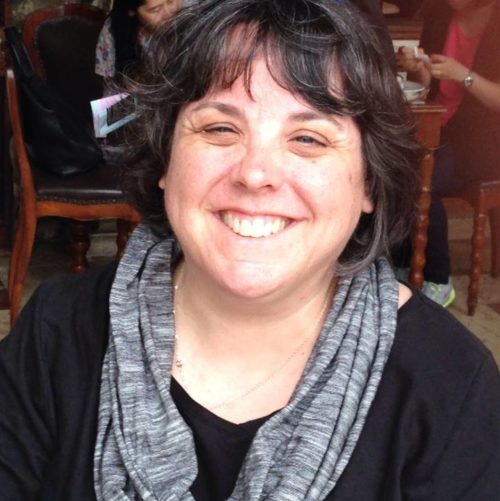Recently, my department invited our college president to join us for a lunch-time visit. Before he came, we met together to discuss how we’d like to use the hour we had with him. Of course, like academics everywhere, we had many “concerns” we wanted to make sure he heard. But we also decided that we wanted him to know about the good stuff, too—the many things that gave us joy. And so that’s how the meeting began: with a colleague reading a compilation of what we loved about our daily work.
I thought it was an especially important exercise. It’s just so much easier to default to critique—and that’s certainly necessary and important. But I’ve been wondering more and more of late about how we cultivate joy in the midst of the mess.
I’m going to take that as one of my challenges for 2018. As my guide, I take words from Calvin’s sermon on 1st Corinthians: “There is not one blade of grass, there is no color in this world that is not intended to make us rejoice.” How can we better listen to this plenteous testimony?
In her own inimitable way, Mary Oliver gives us much the same message in her lovely poem, “Mindful,” calling our attention to “the ordinary/the common, the very drab/the daily presentations” in order “to instruct” ourselves “in joy, and acclamation.” It’s a lesson that clearly takes a lot of practice.
As a new year begins, may we be attentive to the lessons of joy that lie all about us.
Mindful
by Mary Oliver
Every day
I see or hear
something
that more or less
kills me
with delight,
that leaves me
like a needle
in the haystack
of light.
It is what I was born for—
to look, to listen,
to lose myself
inside this soft world—
to instruct myself
over and over
in joy,
and acclamation.
Nor am I talking
about the exceptional,
the fearful, the dreadful,
the very extravagant—
but of the ordinary,
the common, the very drab
the daily presentations.
Oh, good scholar,
I say to myself,
how can you help
but grow wise
with such teachings
as these—
the untrimmable light
of the world,
the ocean’s shine,
the prayers that are made
out of grass?

